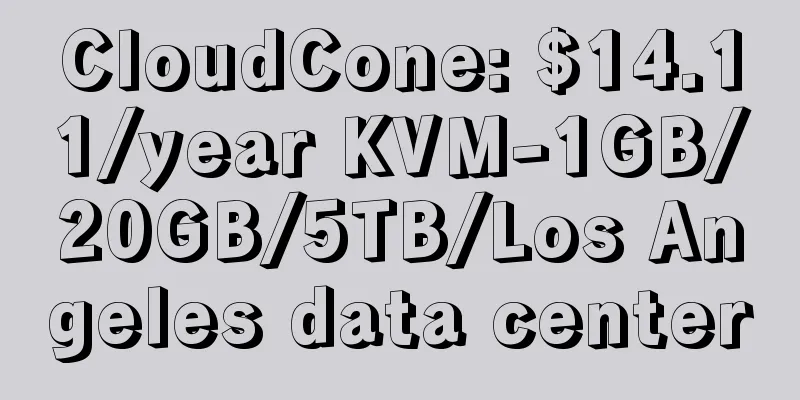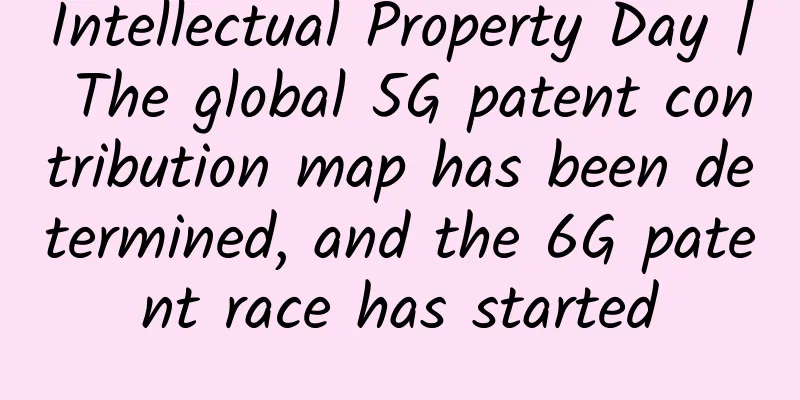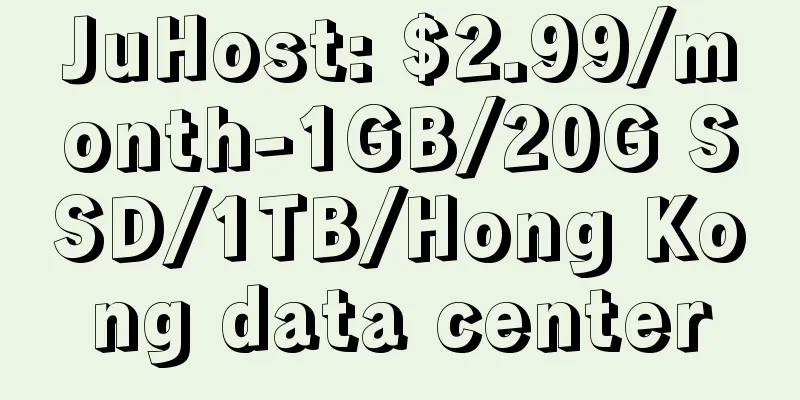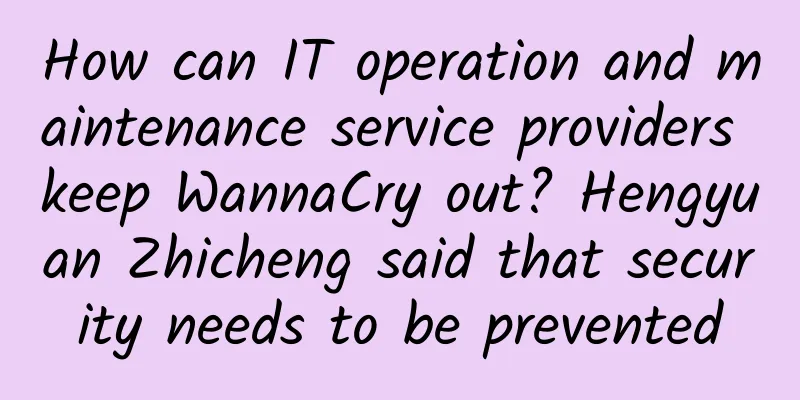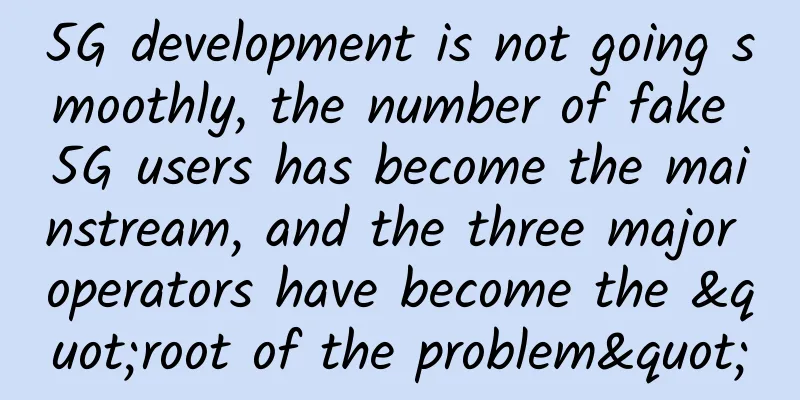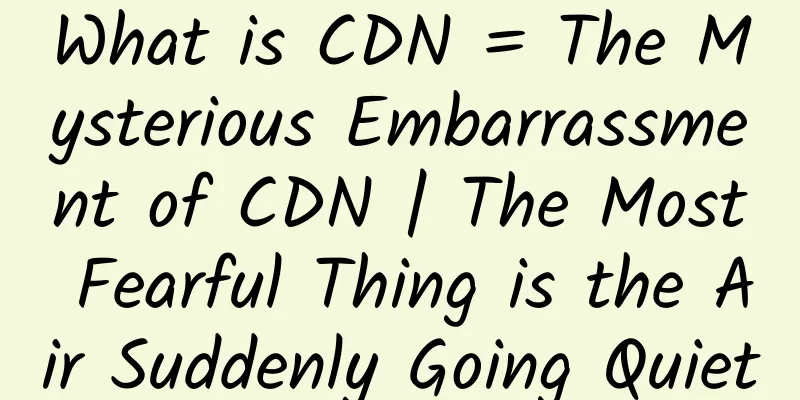Comparison of 5G tariffs in China and South Korea: Which country’s users are the happiest?
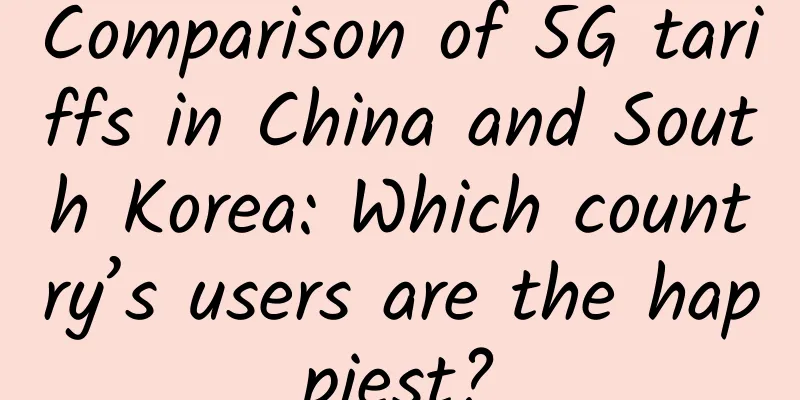
|
Globally, South Korea was the first country to commercialize 5G nationwide, and it was the first in the world to commercialize it as early as December 2018. China officially issued a 5G commercial license on June 6, 2019, and entered the full commercialization stage on December 1, 2019 with the official announcement of 5G packages by the three major telecommunications operators. As the two largest markets in the world with the most mature commercial environment, the 5G tariffs in China and South Korea are comparable. Previously, our country has implemented the "speed up and reduce fees" initiative for 5 years, and the overall cost has dropped by more than 90%. During this period, the South Korean government also asked operators to implement "speed up and reduce fees" in order to better popularize communication services, but it was ruthlessly rejected by operators. Recently, there have been reports that South Korean operators have begun to cut prices in order to compete for 5G users. Among them, the latest tariff plan launched by LG Uplus only requires a monthly rent of 47,000 won (about 279 yuan) to use 6GB of traffic. In the package launched by KT, only 45,000 won (about 267 yuan) is required to use 5GB of traffic. Seeing that these two operators began to reduce fees, the remaining SK Telecom could not sit still and also launched a preferential plan, but it is waiting for government approval. Putting aside other things, the "cheap" tariff plans launched by Korean operators only use 6GB of traffic for a monthly rent of nearly 300 yuan, which is really incomparable with domestic operators. Putting aside other things, just for China Telecom's 169 yuan 5G package, the standard tariff includes 40GB of traffic. If it is the tariff of each province, some provinces and cities have reached 70GB, which is a huge difference from South Korea's 5G tariff. If we compare the Internet 5G tariff packages, China Telecom's Star Card tariff, 39 yuan for 10GB of traffic, is much higher than the tariff performance of South Korea. At this point, some people may not agree, thinking that South Korea’s per capita income is high and that it is not possible to simply make a horizontal comparison. In fact, it doesn’t matter. Even if the salary is three times that of China, the communication fee of 279 yuan for 6GB of traffic is more than 10 times more expensive than that in China, and China still wins. Therefore, the 5G fees of domestic operators are really cheaper than those of most countries. |
>>: Flash is dead, and its first victim appears: the router can no longer log in
Recommend
Introduction to various types of network cables, what are Category 5 and Category 6 cables?
1. Network cable overview The network cable usual...
TmhHost Spring 30% off: Los Angeles, USA/Los Angeles High Defense/Hong Kong CN2+BGP monthly payment starts from 24 yuan
TmhHost is carrying out a spring back-to-school p...
RAKsmart: 20% off on cluster servers starting from $113/month, 258 IPs with 1C/2C/4C/8C options, San Jose/Los Angeles/Hong Kong/Korea/Japan data centers
Many friends have the demand for multi-IP cluster...
80VPS: Japan/Hong Kong VPS annual payment starts from 299 yuan, Los Angeles VPS annual payment starts from 199 yuan
80VPS, a well-established Chinese hosting company...
5G Wireless: Market Opportunities and Technical Challenges from Sub-6 GHz to Millimeter Wave
For Massive MIMO systems, 4th Generation GaN tech...
Today's encryption mechanisms will be defeated by quantum attacks, except for generalized knapsack codes.
[51CTO.com original article] Today's encrypti...
Humans will have a "third brain" in the future, and 5G will speed up everything
"5G brings a lot of data, but the question i...
Why do many people still insist on buying 4G mobile phones even though 5G networks have been fully commercialized?
Although 5G networks have been fully commercializ...
Case | A sobering report on a major network failure
December 6, 2018 was a nightmare day for Japanese...
5G cannot enhance industry?
There are already more than 1,100 “5G+Industrial ...
What exactly is semantic communication?
As we all know, since the outbreak of the informa...
How to set IP addresses for network monitoring projects with more than 254 points?
Many friends have asked, how to set the IP addres...
If there is a problem with IT asset audit, I will ask you whether you are afraid or not.
No one likes audits. As an IT manager, the thing ...
Understand 3GPP 5G versions and the features of each version
While for years cellular technology has been prim...
[11.11] RAKsmart cloud server 10% off from $2.49/month, bare metal cloud server $69/month, Japan/Hong Kong/Singapore/US data center
Previously, we have shared the promotional inform...
